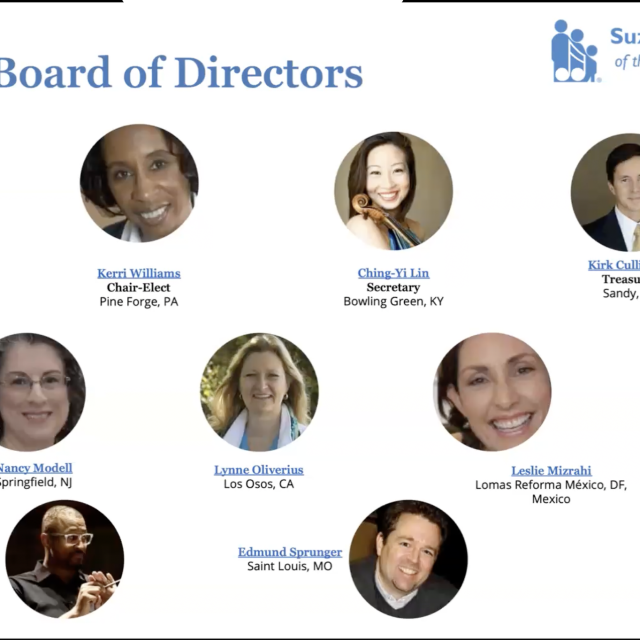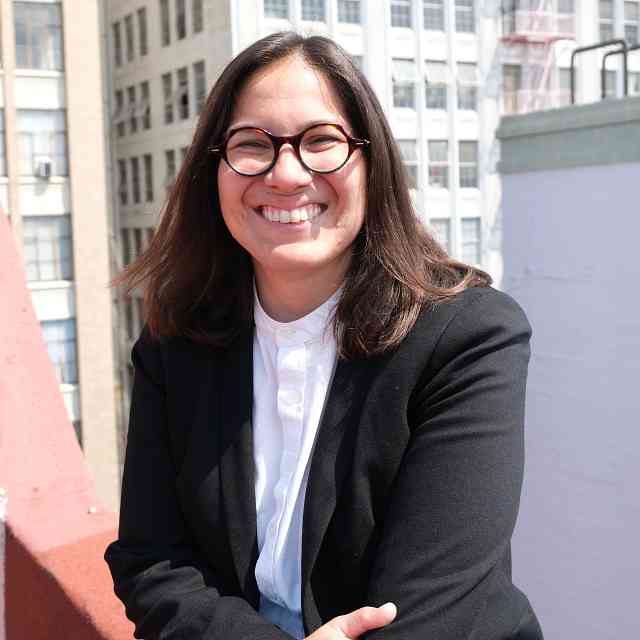I’ve found it really difficult to be honest about my own need for rejuvenation. I have in my head that I should be able to give 150% for twenty-four hours a day and seven days a week. No pause, sleep, or breath needed. Admitting that I can’t is, even in this moment, hard. I find myself surrounded by educators, artists, and leaders who also struggle with this—many of us find it hard to take time away, or struggle to take time away due to financial constraints. Of course, the two aren’t at odds—working hard and finding time to recharge often go hand in hand, despite my mind’s need to pit them against each other. Sometimes what usually works for us, just simply needs a new take, a fresh eye, or a new look.
Our field has a strong discourse around work ethic, and not as strong of a discourse around joy and restoration. In our own community, I’ve heard from members who live by Dr. Suzuki’s “only practice on the days you eat” philosophy, and some who find the concept problematic, encouraging an unhealthy relationship to practice and well-being. Even though it’s not contained in this adage, we know that Dr. Suzuki’s philosophy prioritizes character and centers joy, so surely, there’s room for both restoration and practice. What I hope for in our community is that more of our members can respond to “How are you,” with “Doing well!” than, “I’m exhausted.”
This issue aims to spark in each of us a reminder of the ways we can rejuvenate our practice. I’ve learned (and learn again and again) that if I want to stay curious, creative, adaptive, and present, I ultimately need to take time away from whatever it is that I’m pouring my energy into. For me, that means meditating, exercising, bread baking, writing, and grilling asada in the Cortez family backyard, to name a few. I’m eager to hear each of yours. I’ll keep practicing creating time and space for rejuvenation if you do, and, thankfully, this issue will offer plenty more ideas for finding your own balance for rejuvenation, which often propels our work forward.









